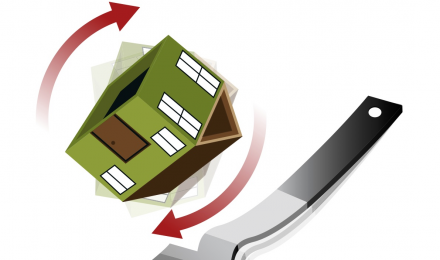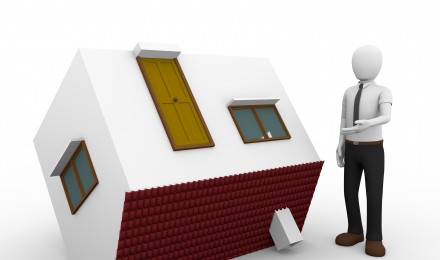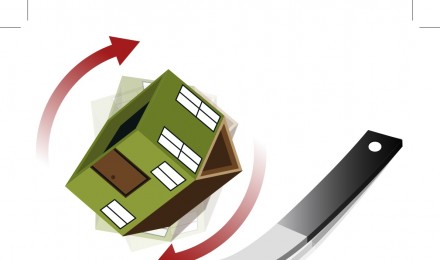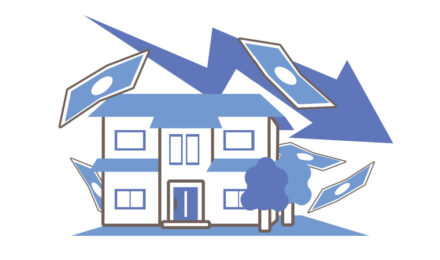House flipping is cool. It’s the clever way to easy cash. Or so says a columnist commenting on house-flipping in Central Florida.
His opinion reflected a Realty/Trac.Inc. report that said the area was the most profitable in the US for flippers. These short-term owners bought and sold their homes within six months for an average of 63% profit.
About 2,000 homes in 2012 fit that category.
The columnist was glad that the housing market has firmed up again.
So were the 2,000 homeowners who made a profit.
But the columnist was not thrilled by it all.
He did make some good points: flipping is not for the faint of heart. He pointed out some young couples who believed in the inflated prices enough to ask for a high figure that eventually was drastically lowered until they only broke even on their sale.
He also pointed out that many professionals have gotten into the market who know the risks, which often involve not only the price paid for a home but also the dollar figure of how much was spent before flipping.
These professionals, whether big or small, know the market, and they know the risks.
They also are not dependent as many smaller investors are on a single deal.
So what can potential flippers take from this?
There are no easy answers to questions such as what you buy, and how much you spend on it before re-selling at a (hopefully) profit. But there are some simple answers for investors perhaps hidden here.
Act professionally. Do your diligent research. Study the market like a professional would.
And don’t be an amateur who blindly sees the profit without also noting the pitfalls.
You still may make the wrong guesses. You may not make money. You may even lose money. But even if that happens, you should learn from your mistakes.
What this means, ultimately, is simply that as an investor in sometimes volatile real estate, you have to be more careful ever.
Luckily, however, this is not so hard.
The columnist was perfectly right in one major area: fewer amateur flippers are taking the flipping plunge these days.
That’s pretty much how it should be.
House flipping is cool. It’s the clever way to easy cash. Or so says a columnist commenting on house-flipping in Central Florida.
His opinion reflected a Realty/Trac.Inc. report that said the area was the most profitable in the US for flippers. These short-term owners bought and sold their homes within six months for an average of 63% profit.
About 2,000 homes in 2012 fit that category.
The columnist was glad that the housing market has firmed up again.
So were the 2,000 homeowners who made a profit.
But the columnist was not thrilled by it all.
He did make some good points: flipping is not for the faint of heart. He pointed out some young couples who believed in the inflated prices enough to ask for a high figure that eventually was drastically lowered until they only broke even on their sale.
He also pointed out that many professionals have gotten into the market who know the risks, which often involve not only the price paid for a home but also the dollar figure of how much was spent before flipping.
These professionals, whether big or small, know the market, and they know the risks.
They also are not dependent as many smaller investors are on a single deal.
So what can potential flippers take from this?
There are no easy answers to questions such as what you buy, and how much you spend on it before re-selling at a (hopefully) profit. But there are some simple answers for investors perhaps hidden here.
Act professionally. Do your diligent research. Study the market like a professional would.
And don’t be an amateur who blindly sees the profit without also noting the pitfalls.
You still may make the wrong guesses. You may not make money. You may even lose money. But even if that happens, you should learn from your mistakes.
What this means, ultimately, is simply that as an investor in sometimes volatile real estate, you have to be more careful ever.
Luckily, however, this is not so hard.
The columnist was perfectly right in one major area: fewer amateur flippers are taking the flipping plunge these days.
That’s pretty much how it should be.







